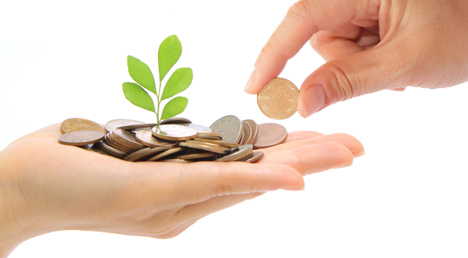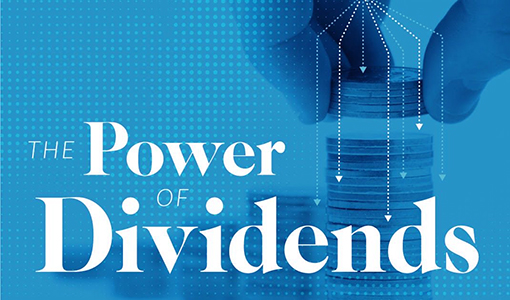Another year has come and gone, and we find ourselves back in the swing of things after a busy holiday break. We are committing to new goals and pressing reset for the new year. It is also a great time to get finances in order and ensure that we are on track. As we enter another RRSP season, we will be faced with the same sentiments from years past – to contribute or not to contribute… that is the question. Here are 4 things to consider when deciding on whether to contribute or top-up your RRSPs before the March 2nd , 2020 deadline.
1 – RRSP’s still matter: If you are a high-income earner or in one of the top marginal tax rates then you should consider contributing to RRSP’s purely for tax saving purposes. Because of Canada’s progressive tax system, not only are you reducing your taxable income, but you are earmarking money for retirement that will be invested and will continue to grow tax deferred. The RRSP contribution limit for your 2019 tax return (contributions up to March 2, 2020 are eligible) is 18% of your 2018 income, up to a maximum of $27,230. Carry-forward amounts from prior years can also increase your 2019 limit.
2 – Did your income change this year, or will it change in the coming year? If your income increased this year or you received an unexpected bonus, then it may make sense to make a contribution depending on your tax bracket. Higher income means more RRSP contribution room, which is noted on your previous years Notice of Assessment. Keep in mind that if you don’t use your RRSP contribution room you don’t lose it. It carries forward each year.
3 – Mortgage or RRSP? We often get asked what makes more sense when deciding whether to pay down your mortgage or contribute to an RRSP. Depending on your income, it can often make a lot of sense to do a hybrid strategy. This is where you make an RRSP contribution to reduce your taxable income, and then put a lump sum on your mortgage with the tax refund received from the contribution. Often the lump sum payment on a mortgage will go directly towards the principal amount still owed.
4 – RRSP’s can help serve 2 other purposes to assist you in either purchasing a home or going back to school. RRSP’s can give you and your spouse the ability to withdraw $35,000 each from your RRSP’s ($70,000 total) toward the down payment of a home, through the First Time Homebuyer Plan. RRSP’s also allow you to pull a max of $20,000 ($10,000 per calendar year) through the Life Learning Plan program to help further your education. Although you must pay back both programs within a certain time frame, they will allow you access to capital without penalty.
At the end of the day, everyone has a different situation when it comes to contributing to RRSP’s with many variables to account for. Our job is to understand your unique position and walk through the pro’s and cons of making that decision. RRSP’s are another investment vehicle we use to help you get you to where you want to go. Feel free to reach out and have the conversation on whether or not it makes sense for you.
If you have any further questions, or would like more information, don’t hesitate to reach out.
Connect Wealth is an independent financial planning firm that offers holistic advice to clients based on their current goals and future aspirations. We use well-established workflows and cutting edge technology to maximize planning efficiencies while simplifying the process for clients. Learn how you can maximize your financial opportunities at www.connectwealth.ca






